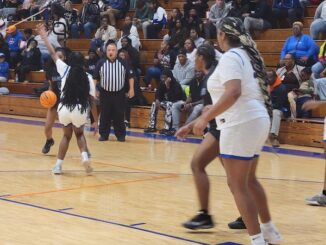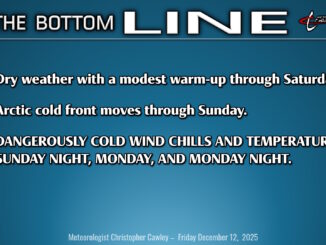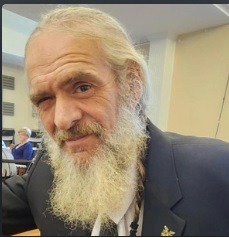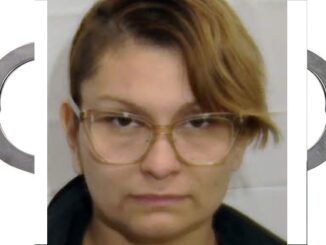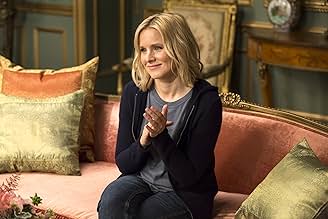
The Good Place: A Near-Perfect Dive into Ethics, Existentialism, and Exceptional Comedy
Let’s be clear from the outset: The Good Place is not just a television show; it’s a philosophical awakening disguised as a laugh-out-loud sitcom. For four glorious seasons, Michael Schur and his brilliant ensemble crafted a narrative that was as intellectually stimulating as it was hilariously entertaining, earning itself a near-perfect rating and a permanent spot in the pantheon of truly exceptional television.
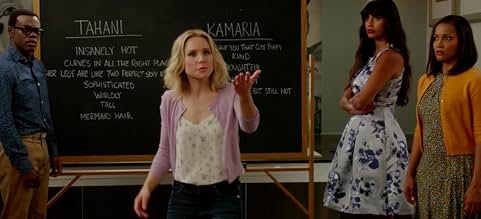
What elevates The Good Place to such dizzying heights is its audacious premise and its unwavering commitment to exploring it with both wit and genuine depth. We begin in what appears to be a utopian afterlife, where Eleanor Shellstrop (Kristen Bell), a decidedly selfish and morally ambiguous soul, finds herself mistakenly admitted to “The Good Place.” This initial setup, while promising, is merely the tip of the cosmic iceberg. The show masterfully uses this foundation to deconstruct our understanding of morality, what it means to be a good person, and the very nature of the universe.
The genius lies in its ability to tackle complex ethical quandaries – from utilitarianism and deontology to the intricacies of free will – without ever feeling like a lecture hall. Instead, these concepts are woven seamlessly into the chaotic, often absurd, and always character-driven plot. The characters themselves are an absolute triumph. Eleanor’s journey from self-interest to genuine empathy is a masterclass in character development. Chidi Anagonye (William Jackson Harper), the perpetually indecisive ethics professor, provides both comedic fodder and a crucial anchor to the show’s philosophical core. Tahani Al-Jamil (Jameela Jamil), a name-dropping philanthropist grappling with a lifetime of seeking external validation, and Jason Mendoza (Manny Jacinto), a lovable but dim-witted Floridian DJ, are not just comedic relief but vital components of the ensemble, each undergoing their own profound transformations. And then there’s Michael (Ted Danson), the architect whose own evolution is one of the most surprising and heartwarming arcs in the series. Finally, Janet (D’Arcy Carden), the all-knowing, non-human guide, is a singular creation, a comedic powerhouse whose deadpan delivery and boundless knowledge are a constant source of amusement and wonder.
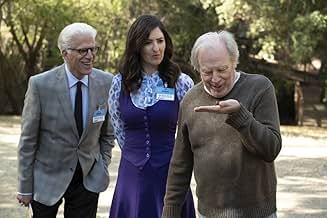
The writing is consistently sharp, witty, and surprisingly profound. The Good Place boasts some of the most ingenious plot twists and turns you’ll ever witness on television, each one meticulously planned and executed, leaving audiences gasping and re-evaluating everything they thought they knew. The pacing is impeccable, with each season building upon the last, constantly reinventing itself while staying true to its core themes. The humor is a perfect blend of observational, situational, and character-based, landing with precision and often eliciting genuine belly laughs.
What truly cements The Good Place’s status is its ultimate message. It’s a show that, despite its fantastical elements, feels deeply human. It posits that growth, learning, and striving to be better are not just admirable qualities but essential components of existence. It offers a message of hope, suggesting that even in the face of overwhelming despair or confusion, redemption and positive change are possible.
The 9.5/10 rating is a testament to the show’s near-flawless execution across the board. The only infinitesimal drop from a perfect 10 might be attributed to the sheer audacity of its ambition – sometimes, the weight of its philosophical inquiries can feel a touch heavy for a fleeting moment, quickly remedied by brilliant comedic beats.
The Good Place is a rare gem. It’s a show that dares to be smart, funny, and deeply moving, all at once. It’s a love letter to humanity, a celebration of friendship, and a profound exploration of what it means to live a meaningful life. If you haven’t experienced its magic yet, do yourself a favor and embark on this unforgettable journey. You won’t regret it.










